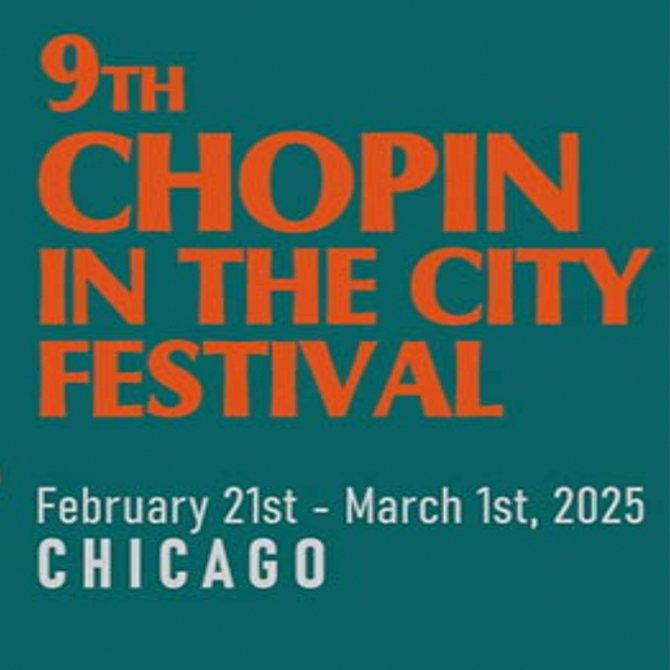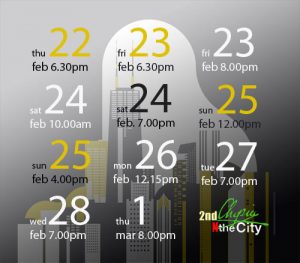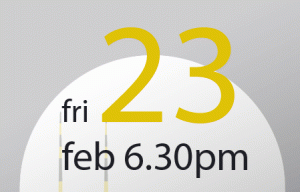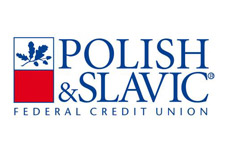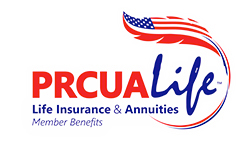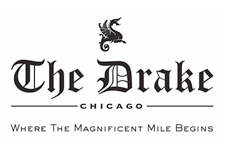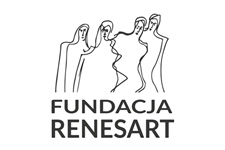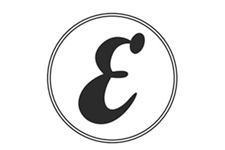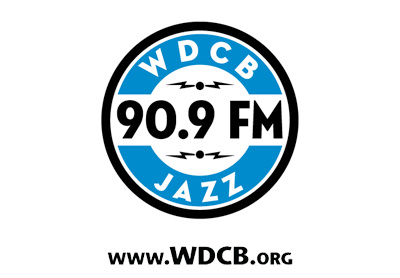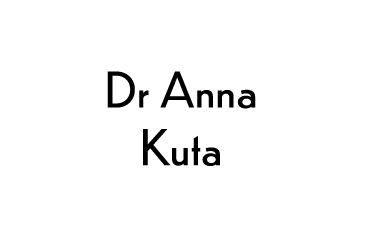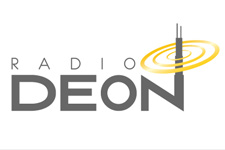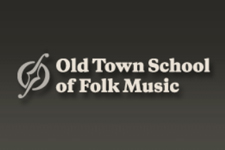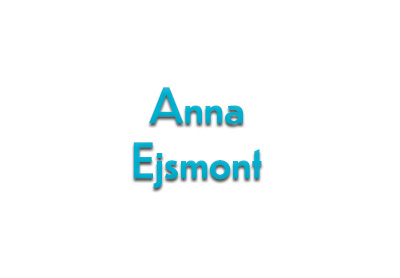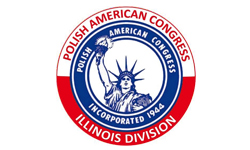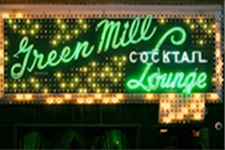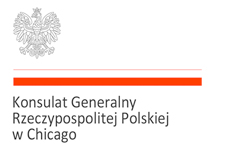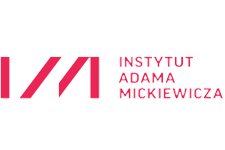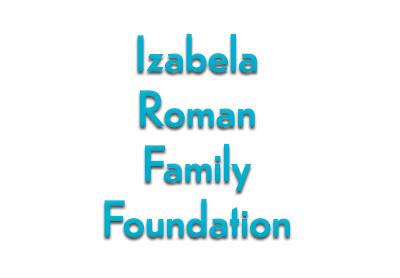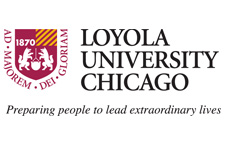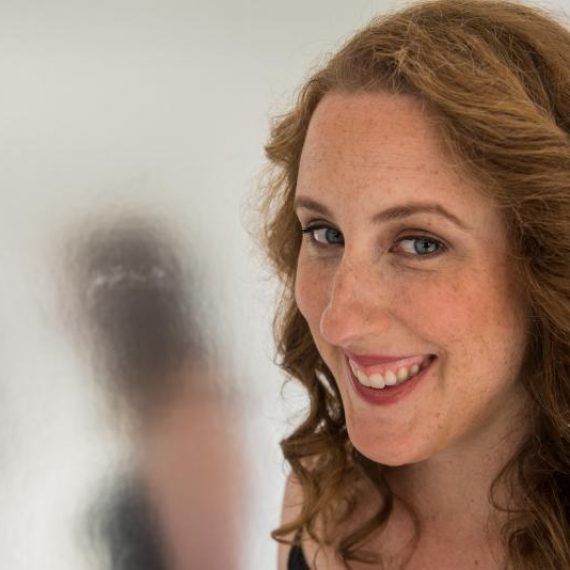
Deanna Witkowski
pianist
Deanna Witkowski
On one level, pianist Deanna Witkowski’s Makes the Heart to
Sing: Jazz Hymns is a luminously lyrical trio session interpreting a
spiritually charged body of music rarely investigated by jazz artists.
But Witkowski, an award-winning composer, has a far more
ambitious agenda than introducing the jazz world to the sizable
treasure trove of hymns woven into the weekly liturgy of churches
across the Anglosphere.
Makes the Heart to Sing is part of a larger project that includes
the publication of a folio of Witkowski’s arrangements and videos of
her trio performing them. “It’s an instrumental jazz trio record but
the mission is to get this music played more widely outside of
church,” she says, “and to bring these jazz interpretations into
circulation inside churches. The album is almost a demo for church
music directors, and the arrangements are meant for congregational
singing.”
The winner of the 2002 Great American Jazz Piano Competition,
Witkowski has released six critically hailed albums over the past two
decades, with each new project revealing a steadily evolving
sensibility marked by melodic invention and emotional connection.
As an accompanist, she’s toured with soul-steeped vocalist Lizz
Wright and held down the piano chair for ten years in the Jim
McNeely–led BMI/New York Jazz Orchestra. Her projects as a leader
feature fellow heavyweights like bassist John Patitucci and
saxophonist Donny McCaslin.
Witkowski talks eloquently about the primal, transporting power of
group singing, and her trio brings a similar collective ethos to the
music on Makes the Heart to Sing. She’s played with
drummer Scott Latzky since she settled in New York City two
decades ago, having moved with a full-time job as a church music
director, while bassist Daniel Foose is a more recent collaborator.
“Scott was in on this at the beginning,” she says. “His playing is so
sensitive and responsive to every environment. We’ve been playing
with Daniel for about three years, and he’s really soulful and
interactive with a groove that’s really deep.”
What’s most striking about the project, aside from the sheer beauty of
the trio’s feel and dynamics, is the seamless way the hymns slide into
the jazz idiom even as Witkowski pays close attention to the contours
and meaning of the text. The majority of the tracks clock in at less
than four minutes and focus on the group’s irresistibly swinging
interpretations rather than using the themes as launching pads for
extended solos.
The album opens with the Welsh tune “Cwm Rhondda (Guide Me,
O Thou Great Jehovah),” a lush mid-tempo ballad that feels like it
could be the romantic declaration from a 1940s Broadway hit.
“There Is a Balm in Gilead” glows like a languorous Bill Evans
ballad, while the brief “Holy, Holy, Holy” rises with the grandeur of
an Ellingtonian theme.
The trio delivers “We Three Kings” with such swinging authority it
seems inevitable as a jazz vehicle, and “How Firm a Foundation”
unfurls with the rolling cadences of a gospel music hit. Likewise,
Witkowski finds an ideal groove for Beethoven’s immortal “Joyful,
Joyful, We Adore Thee” from the Ninth Symphony. Not every
tune is designed for vocals. Witkowski offers several ravishing solo
improvisations, including two very different takes on “St. Elizabeth
(Fairest Lord Jesus).” And the album’s longest track, “Lord, I
Want to Be a Christian,” moseys at a Shirley Horn tempo that
would confound most singers.
Ever since Mary Lou Williams premiered St. Martin de Porres
(Black Chris of the Andes) in 1962 at St. Francis Xavier Church in
Manhattan, jazz musicians have explored different avenues for
bringing jazz into settings for worship. But Witkowski’s thoughtful
and deeply felt work setting traditional hymns in a jazz context has
few precedents. In many ways, her creative identity is built on her gift
for gracefully bringing together seemingly disparate elements,
though Makes the Heart to Sing flows directly from her longtime
work in sacred settings.
“Music in a lot of churches is one specific thing, traditional hymns
done in a traditional way, or contemporary pop that’s not necessarily
written for group singing,” she says. “But there’s this ‘folk music
tradition’—hymns—that everybody knows in most Protestant
churches. I always draw on my jazz background when I arrange
service music, and hymns are an integral part of the repertoire.”
Born in Exeter, New Hampshire (March 20, 1972), Deanna
Witkowski grew up around the northeast, and by high school her
family had settled in Rochester, New York. Both of her parents had
musical backgrounds, and her three younger siblings also pursued
various music studies. At home, she played an electric Organaire, and
when she started kindergarten her teacher was struck by Witkowski’s
knack for the piano, suggesting to her mother that she start taking
lessons. Witkowski actually studied violin for a year before she started
piano and flute lessons in the fourth grade, and she pursued both
instruments intently through high school.
As a piano major at Wheaton College outside of Chicago, Witkowski
caught the jazz bug. Exploring the alto saxophone, she started
studying with Larry Panella (now director of the University of
Southern Mississippi’s jazz department). She was serious enough that
her first summer home from college she took a six-week course with
pianist Bill Dobbins at the Eastman School of Music. Back at
Wheaton she connected with Brad Williams off campus, and he
turned her on to Bill Evans, Erroll Garner, and other masters.
Wheaton is also where Witkowski started getting serious about
composing. She took several composition courses, but with few jazz
combo options she started commuting to nearby Benedictine
University to play. Soon Witkowski was bringing in original tunes and
arrangements for her trio there. The day after graduating, in 1993,
she moved to Chicago, and sought out every opportunity to play at
jam sessions. “That’s how I learned a lot of tunes,” she recalls. “I
would just go to these sessions, and for any tune I didn’t know I’d
write down its name and go learn it.”
She began a master’s program in jazz studies at DePaul and played
in Bill Russo’s Chicago Jazz Ensemble, but didn’t complete her
degree until years later at City College after she had moved to New
York City. The cauldron of the Chicago scene provided plenty of
stimulation. She started writing for liturgical settings, got a gig
accompanying a Brazilian singer, and was recruited to play in a salsa
band. She also started leading her own combo, Odd Fish Quintet.
Each situation provided numerous opportunities to stretch her wings
as an arranger and composer.
Though guitarist Russell Malone encouraged her to move to New
York City after they played together at a Montreal International Jazz
Festival session, Witkowski hesitated to take the leap. In 1996, she
studied with Cuban piano maestro Hilario Duran in Toronto, and
the next year All Angels’ Church in Manhattan hired her as music
director.
Witkowski made her recording debut as a leader with 1999’s Having
to Ask on her Tilapia Records label, an album that earned her
accolades from Jazz Journal International as “one of the best of the
new generation of jazz pianists.” Already well on her way to forging a
personal synthesis of jazz, Brazilian, and Afro-Cuban influences, the
pleasingly fluent album documents her working Chicago band. She
followed up with 2003’s Wide Open Window (Khaeon World
Music), a tremendously accomplished quartet session alternating her
originals with standards, mostly by Cole Porter. Much of the music
was inspired by her collaboration with powerhouse tenor
saxophonist Donny McCaslin.
Witkowski’s 2005 release Length of Days (ArtistShare) confirmed
her status as one of jazz’s elite artists. Introducing eight arresting
originals (and a beguiling arrangement of the Ellington classic “I’m
Beginning to See the Light”), the quartet session once again pairs her
piano and vocals with McCaslin’s tenor and soprano saxophones.
Bassist Dave Ambrosio and drummer Vince Cherico provide
superlative rhythmic support throughout.
On her fourth album, 2009’s From This Place (Tilapia Records),
she set ancient and modern sacred texts to jazz-steeped scores,
exploring an array of formats from a three-part women’s a
cappella to an instrumental quartet. And 2015’s
gorgeous Raindrop: Improvisations with Chopin (Tilapia) is a
solo piano session that seamlessly combines jazz, Chopin, and the
music of Brazil.
With Makes the Heart to Sing, Witkowski taps into another deep
tradition, using jazz to breathe new life into the communal experience
of worship. Whatever one’s faith, it’s easy to understand the abiding
power in coming together in song. Witkowski cites the thinking of
charismatic choral composer Abbie Betinis, who helped launch the
brand-new Justice Choir Songbook to provide demonstrators
with material beyond “We Shall Overcome.” (Witkowski’s song, “We
Walk in Love,” is one of 43 songs in the book selected from a
national call for scores).
“Abbie talks about when we sing with other people, there’s a sense
that we’re holding each other up,” Witkowski says. “Whatever I’m
struggling with, I realize other people struggle with the same stuff.
Singing together makes it easier to bear your own burden, or just to
feel more connected.”
Connecting jazz with other incalculably deep musical currents is what
makes Witkowski such a visionary artist. With Makes the Heart to
Sing she’s inviting everyone else into the water.


